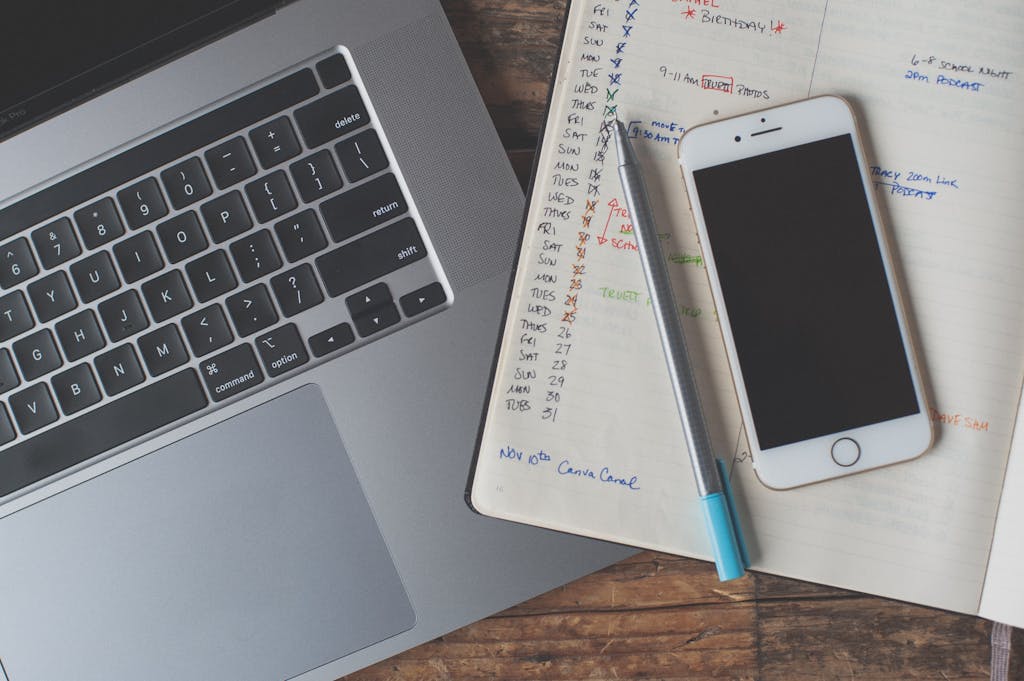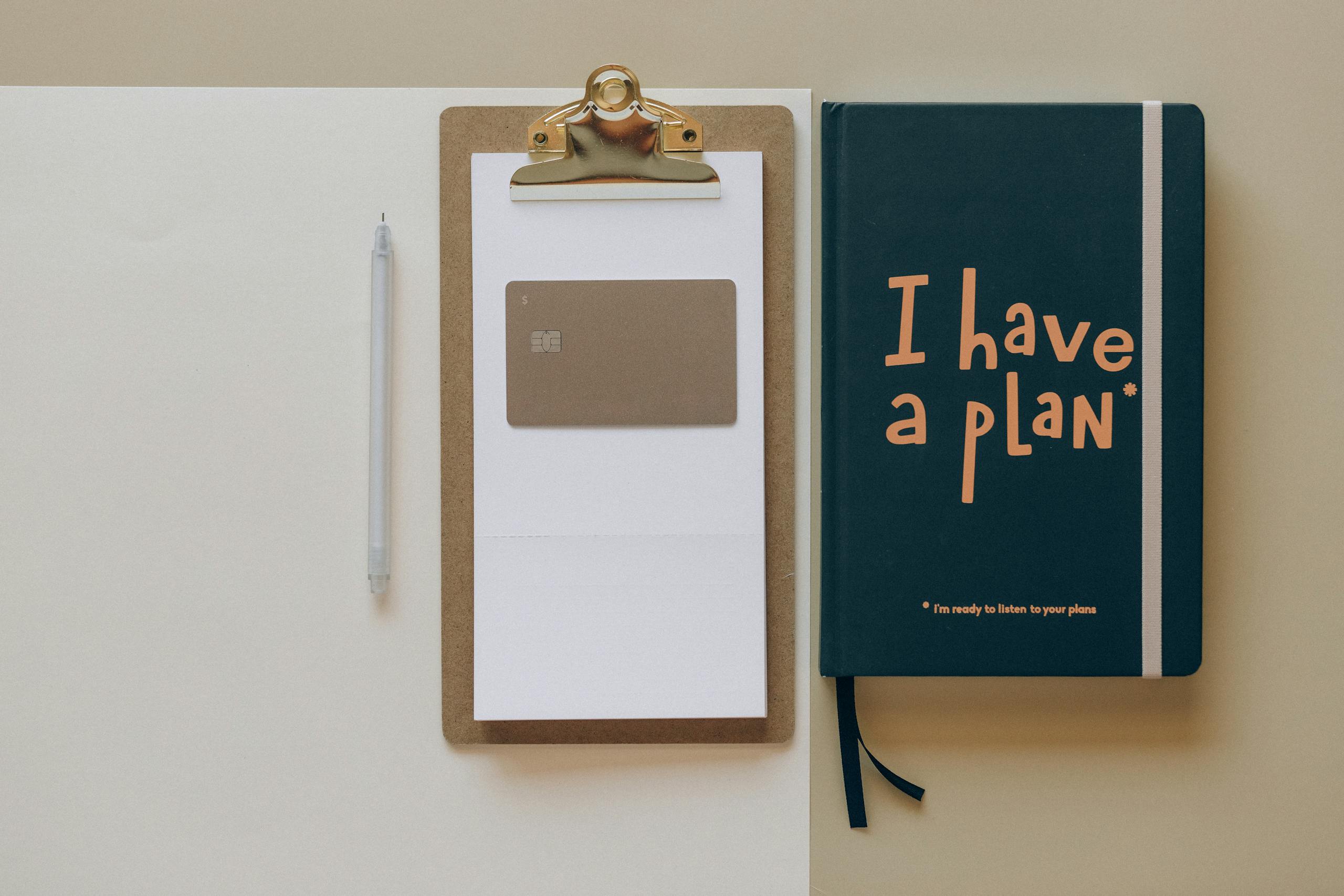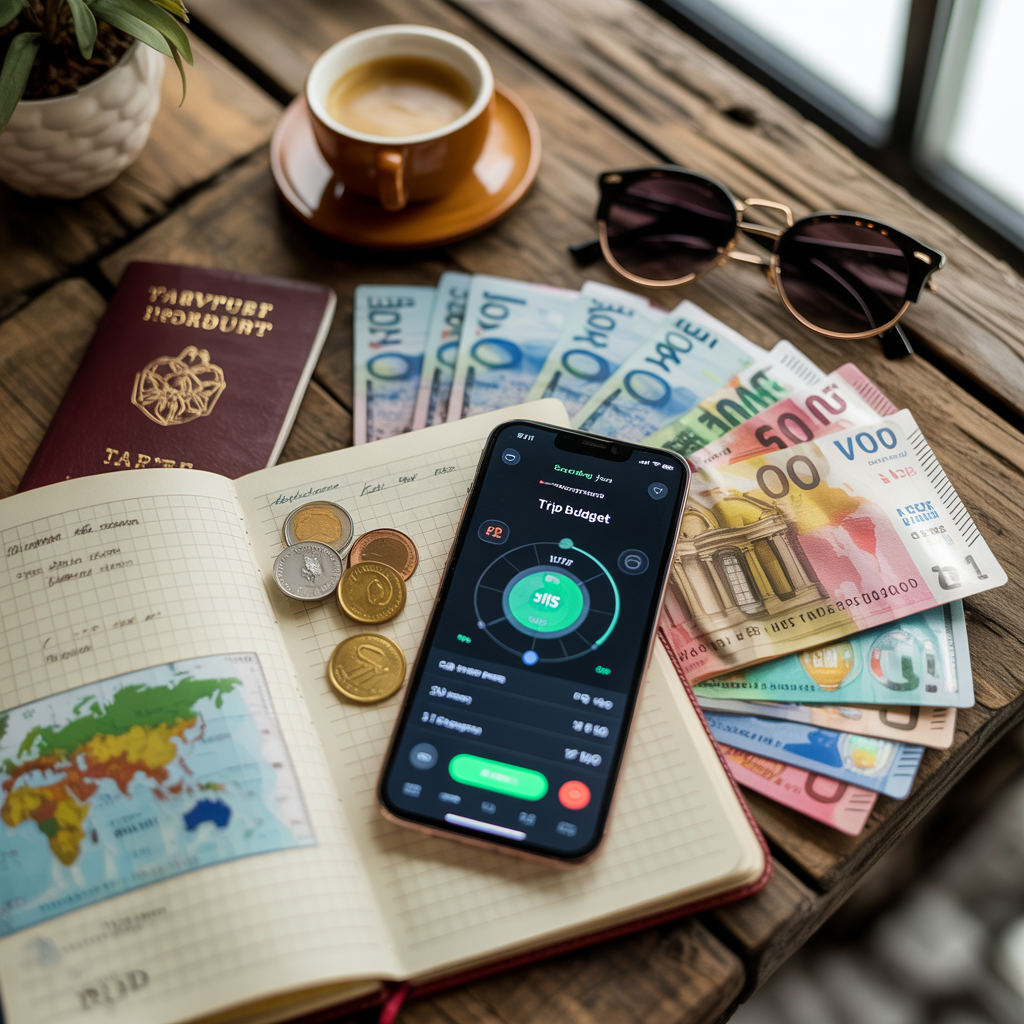Creating a Personal Productivity System in Notion
Organize Your Life and Work Seamlessly
Managing your time and tasks efficiently is a challenge we all face, whether you’re balancing work, personal goals, or daily chores. Enter Notion, a powerful tool that can revolutionize the way you organize your life. With the right setup, you can create a Personal Productivity System in Notion that integrates every aspect of your daily routines, long-term goals, and everything in between.
Why Build a Personal Productivity System in Notion?
A productive life starts with effective organization. Whether it’s keeping track of your tasks, planning your week, or setting goals for the future, having everything in one place simplifies the process. Notion is an all-in-one workspace that allows you to customize and centralize your life management system. Unlike traditional planners or apps that limit you to predefined templates, Notion offers complete flexibility, allowing you to tailor your workspace to your specific needs.
The Benefits of an Integrated System
One of the main advantages of using Notion is the ability to integrate all areas of your life into a single platform. Imagine having your to-do lists, daily planners, project trackers, and long-term goals all accessible from one dashboard. This not only saves time but also reduces the mental clutter of juggling multiple apps or systems.
Moreover, by having everything connected, you can seamlessly link your daily tasks to broader goals, ensuring that your day-to-day actions contribute directly to your long-term ambitions. This integration fosters consistency and ensures that nothing falls through the cracks.
Getting Started: The Basics of Notion
Before diving into the creation of your Personal Productivity System in Notion, it’s important to familiarize yourself with some of the platform’s core features. Notion is built around blocks, which are the basic units of content. Whether it’s text, checklists, calendars, or databases, every item you add to Notion is a block that can be moved, linked, and customized.
To get a comprehensive understanding of Notion’s capabilities, you can explore the official Notion guides and community tutorials. Once you understand the basics, you can begin constructing a system that works specifically for you.
Structuring Your Personal Productivity System in Notion
Creating a Personal Productivity System in Notion involves setting up different pages and databases that correspond to the various areas of your life. Below is a step-by-step guide to help you structure your system.
1. Dashboard: Your Central Hub
The first step in building your productivity system is creating a central dashboard. This will be your go-to page, where you can get a quick overview of everything that needs your attention. Your dashboard should include links to your most important pages, such as daily planners, weekly reviews, goal trackers, and project databases.
For inspiration, check out Notion’s dashboard templates that you can customize to fit your needs. Incorporate widgets like calendars, task lists, and habit trackers directly into your dashboard using tools like Indify, which offers free widgets to enhance your Notion pages.
2. Daily Planner: Your Day-to-Day Guide
A well-organized daily planner is essential for maintaining productivity. In Notion, you can create a daily planner that includes your tasks, schedule, and any notes or reminders you might need. Each day, you can start with a fresh template that lists your priorities, meetings, and personal commitments.
Consider using the Daily Planner Template provided by Notion or explore community-created options like Red Gregory’s Daily Journal. Adding a morning routine checklist can help you start your day on the right foot, while a daily reflection section at the end of the day can assist in assessing your productivity and planning for tomorrow.
3. Task Management: Keeping Track of Your To-Dos
A critical component of any productivity system is a reliable task management system. In Notion, you can create a task database that allows you to categorize, prioritize, and track your tasks. Each task can include details like due dates, tags, and subtasks.
Explore the Ultimate Tasks Template by Notion to get started quickly. You can also learn more about effective task management techniques from resources like Todoist’s Guide to Task Management, which can provide valuable insights to enhance your system.
Link your tasks to relevant projects or goals to ensure that your daily work aligns with your broader objectives. This helps in maintaining focus and ensuring that every task you complete brings you closer to your long-term goals.
4. Goal Setting and Tracking: Long-Term Success
One of the most powerful features of Notion is its ability to help you set and track long-term goals. Create a dedicated page for your goals, where you can break them down into actionable steps. For each goal, set clear deadlines, milestones, and success metrics.
For structured goal setting, consider using frameworks like SMART Goals and integrate them into your Notion setup. Additionally, you can utilize the Goal Tracker Template to monitor your progress effectively.
By regularly reviewing this page, you can ensure that you’re making progress and adjust your strategies if necessary. Linking your daily tasks to your goals keeps you motivated and ensures that every step you take is purposeful.
5. Project Management: Keeping Everything Organized
For those juggling multiple projects, having a project management system within Notion is invaluable. Create a project database where each project has its own page with relevant information, tasks, and deadlines. Use kanban boards, timelines, or Gantt charts to visualize your progress and manage your workload effectively.
To implement kanban boards, you can refer to Notion’s Kanban Board Guide. For more advanced project tracking, consider integrating tools like GanttPRO through Notion’s embed feature, providing a comprehensive view of your project timelines.
Integrating project management into your Personal Productivity System in Notion ensures that all your work is organized and easily accessible. You can link relevant tasks, notes, and documents to each project, creating a comprehensive view of your responsibilities.
6. Habit Tracking: Building Positive Routines
Habits are the foundation of productivity. In Notion, you can create a habit tracker that helps you build and maintain positive routines. Whether it’s exercising, reading, or meditating, tracking your habits can motivate you to stay consistent.
Utilize the Habit Tracker Template to start monitoring your habits effectively. For additional strategies on building and maintaining habits, refer to James Clear’s Habit Formation Techniques, which offer evidence-based methods to create lasting change.
You can integrate your habit tracker into your daily planner or keep it as a separate page. The key is to regularly update it and reflect on your progress. Over time, you’ll notice patterns and areas for improvement, helping you refine your routines.
7. Knowledge Management: A Personal Knowledge Base
A less obvious but equally important aspect of productivity is managing information. Whether it’s articles, ideas, or notes from meetings, Notion allows you to create a personal knowledge base. Organize your information by topic, project, or any system that works for you.
For effective knowledge management techniques, explore Tiago Forte’s PARA Method and see how you can implement it within Notion. Additionally, consider using Readwise integration to seamlessly import and organize your highlights and notes from various sources directly into Notion.
Link relevant knowledge directly to your tasks or projects, ensuring that you always have the information you need at your fingertips. This not only saves time but also enhances your ability to make informed decisions quickly.

Customization Tips: Making Notion Work for You
The beauty of Notion lies in its customization options. Here are some tips to make your Personal Productivity System in Notion truly yours:
- Templates: Notion offers a variety of templates for everything from daily planners to project management. Start with a template that closely matches your needs and customize it as you go. Explore community-driven resources like Notion VIP for advanced templates and ideas.
- Tags and Filters: Use tags and filters to organize your tasks and projects. For example, you can tag tasks by priority or project, and then filter your view to focus on what’s most important at the moment. Learn more about effective tagging systems from Marie Poulin’s Notion Tutorials.
- Databases: Utilize databases for everything from task management to goal tracking. The ability to link databases allows you to create a highly interconnected system. Check out Notion’s Database Guide for detailed instructions on setting up and customizing databases.
- Aesthetics: Customize the look of your Notion workspace with icons, cover images, and color-coded sections. A visually appealing workspace can make your productivity system more enjoyable to use. Use resources like Notion Icons and Unsplash for high-quality images and icons to enhance your pages.
Overcoming Common Challenges in Notion
While Notion is a powerful tool, it’s not without its challenges. Here are some common obstacles and how to overcome them:
- Overwhelm: With so many options, it’s easy to get overwhelmed when setting up your system. Start simple and gradually add complexity as you become more comfortable with the platform. Refer to August Bradley’s Notion Starter Guide for a step-by-step approach to building your system incrementally.
- Consistency: It can be challenging to maintain consistency in updating your Notion system. Set aside time each day or week to review and update your workspace to keep everything current. Tools like RescueTime can help you track your time and ensure you’re allocating enough to system maintenance.
- Learning Curve: Notion has a learning curve, especially for beginners. Take advantage of online tutorials and community forums to learn best practices and troubleshoot issues. Join communities like Notion Made Simple and Reddit’s Notion Community to connect with other users and share knowledge.
Embracing Productivity with Your Notion System
Creating a Personal Productivity System in Notion is an investment in your productivity and overall well-being. While it may take time to set up, the benefits of having an integrated system that encompasses all areas of your life are immeasurable. Notion’s flexibility allows you to tailor your system to your unique needs, making it a valuable tool for anyone looking to organize their life and work seamlessly.
By committing to this system, you’ll not only improve your daily efficiency but also create a sustainable path towards achieving your long-term goals. Whether you’re a student, professional, or entrepreneur, a well-designed Personal Productivity System in Notion can help you reach new heights of productivity.
Remember, the key to success is continuous improvement. Regularly assess and tweak your system to ensure it evolves alongside your changing needs and goals. With dedication and the right setup, Notion can truly transform the way you manage your life.













